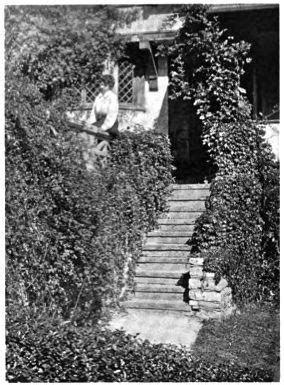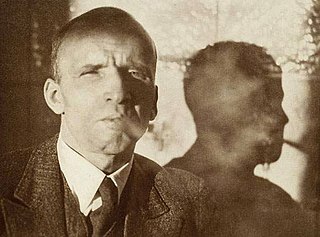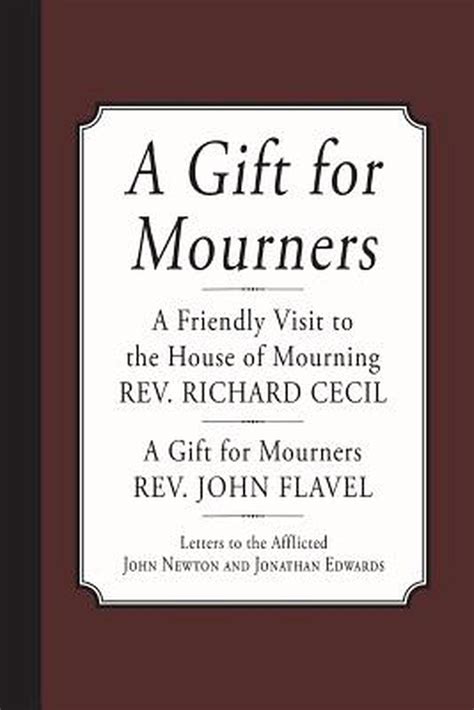A Quote by Aleister Crowley
Every one interprets everything in terms of his own experience. If you say anything which does not touch a precisely similar spot in another man's brain, he either misunderstands you, or doesn't understand you at all.
Related Quotes
Does the open wound in another's breast soften the pain of the gaping wound in our own? Or does the blood which is welling from another man's side staunch that which is pouring from our own? Does the general anguish of our fellow creatures lessen our own private and particular anguish? No, no, each suffers on his own account, each struggles with his own grief, each sheds his own tears.
Ownership by delegation is a contradiction in terms. When men say, for instance (by a false metaphor), that each member of the public should feel himself an owner of public property-such as a Town Park-and should therefore respect it as his own, they are saying something which all our experience proves to be completely false. No man feels of public property that it is his own; no man will treat it with the care of the affection of a thing which is his own.
It is the interest of every man to live as much at his ease as he can; and if his emoluments are to be precisely the same, whether he does or does not perform some very laborious duty, it is certainly his interest, at least as interest is vulgarly understood, either to neglect it altogether, or, if he is subject to some authority which will not suffer him to do this, to perform it in as careless and slovenly a manner as that authority will permit.
Only a great man, believe me, and one whose excellence rises far above human failings, will not allow anything to be stolen from his own span of time, and his life is very long precisely because he has devoted to himself entirely any time that became available. None of it lay uncultivated and idle, none was under another man's control, for guarding it most jealously, he found nothing worth exchanging for his own precious time.
By Liberty I understand the Power which every Man has over his own Actions, and his Right to enjoy the Fruits of his Labour, Art, and Industry, as far as by it he hurts not the Society, or any Members of it, by taking from any Member, or by hindering him from enjoying what he himself enjoys. The Fruits of a Man's honest Industry are the just Rewards of it, ascertained to him by natural and eternal Equity, as is his Title to use them in the Manner which he thinks fit: And thus, with the above Limitations, every Man is sole Lord and Arbitrer of his own private Actions and Property.
Every form has its own meaning. Every man creates his meaning and form and goal. Why is it so important - what others have done? Why does it become sacred by the mere fact of not being your own? Why is anyone and everyone right - so long as it's not yourself? Why does the number of those others take the place of truth? Why is truth made a mere matter of arithmetic - and only of addition at that? Why is everything twisted out of all sense to fit everything else? There must be some reason. I don't know. I've never known it. I'd like to understand.
The only distinction between freedom and slavery consists in this: In the former state a man is governed by the laws to which he has given his consent, either in person or by his representative; in the latter, he is governed by the will of another. In the one case, his life and property are his own; in the other, they depend upon the pleasure of his master. It is easy to discern which of these two states is preferable.
Where no man thinks himself under any obligation to submit to another, and, instead of co-operating in one great scheme, every one hastens through by-paths to private profit, no great change can suddenly be made; nor is superior knowledge of much effect, where every man resolves to use his own eyes and his own judgment, and every one applauds his own dexterity and diligence, in proportion as he becomes rich sooner than his neighbour.







































